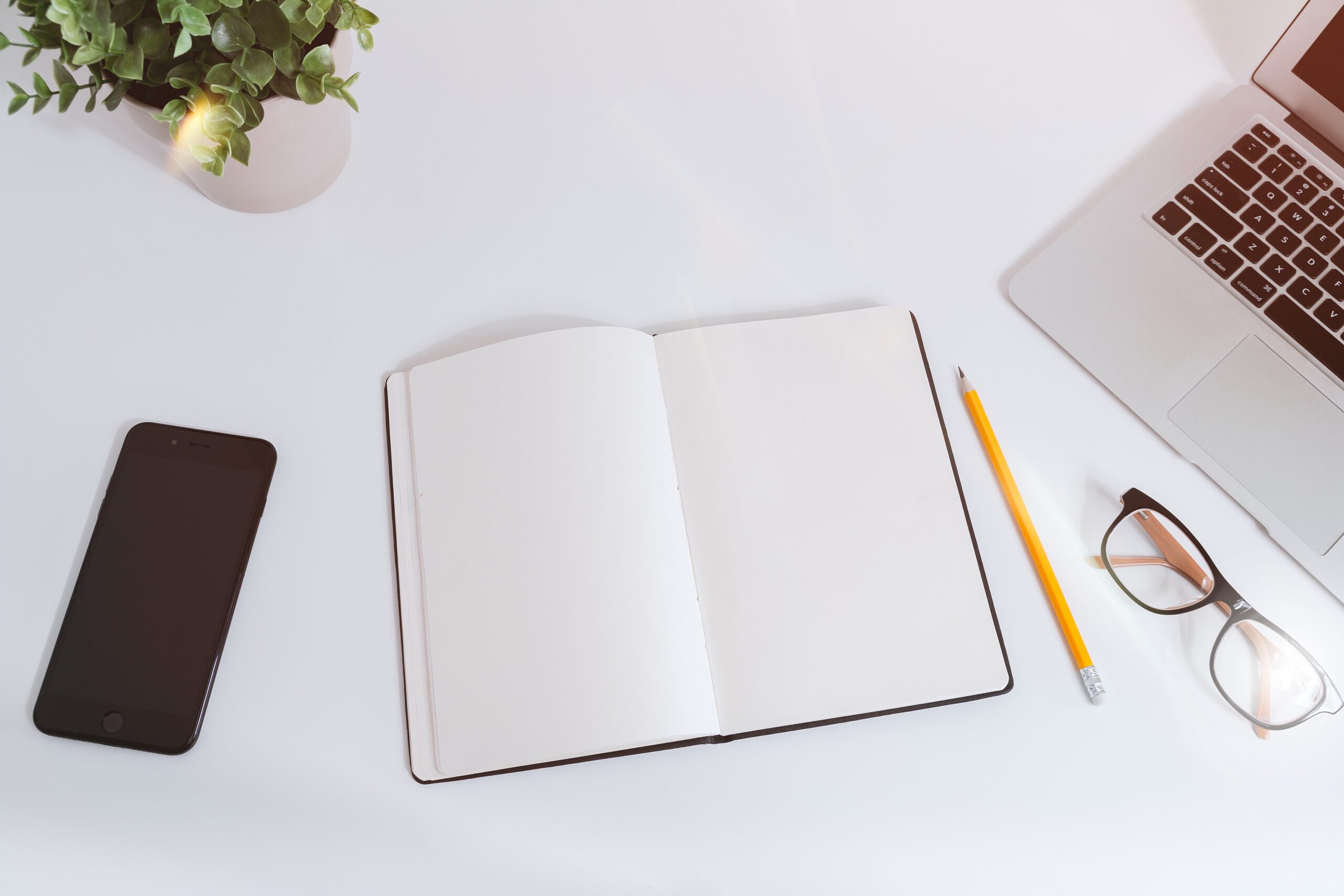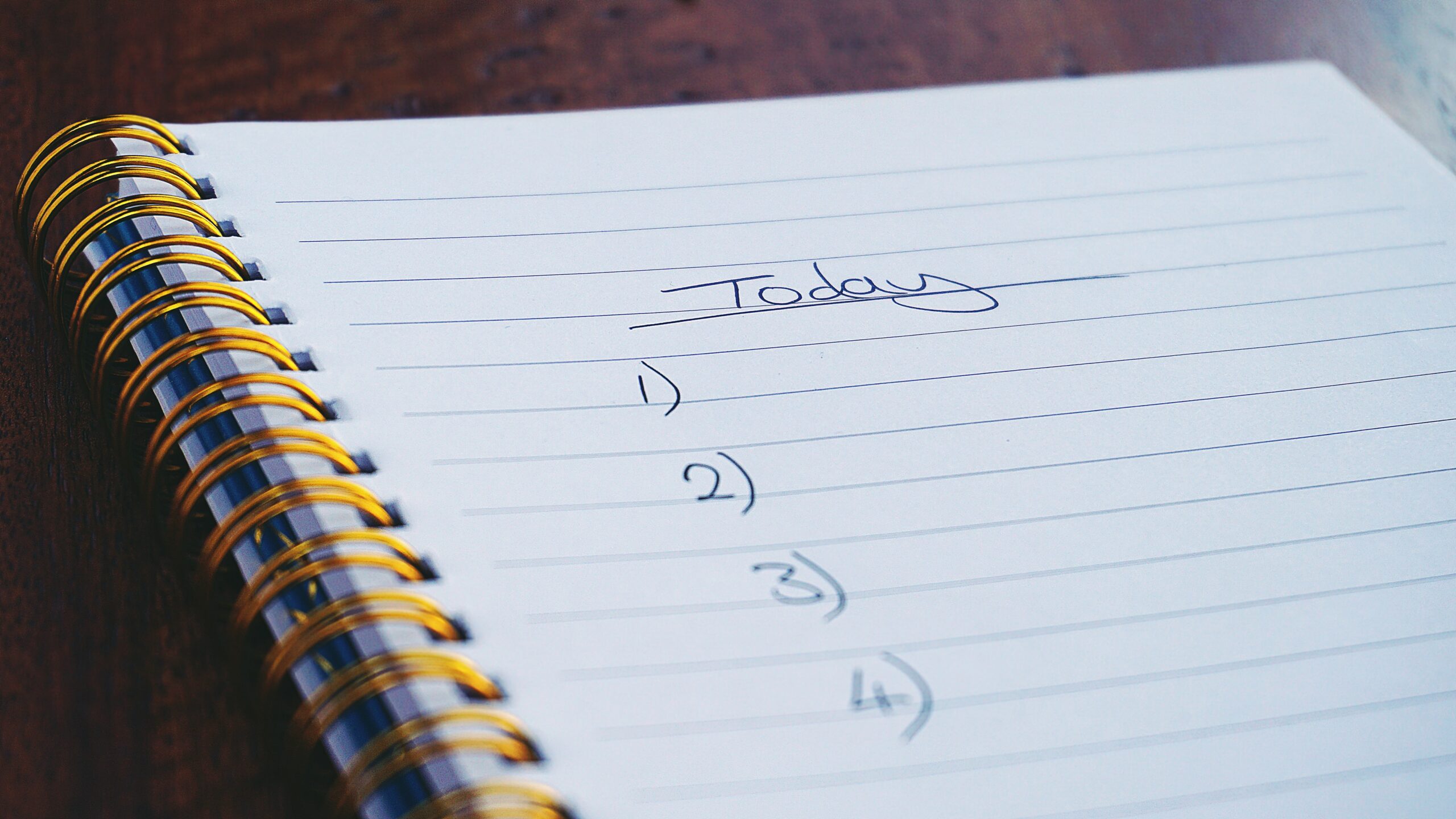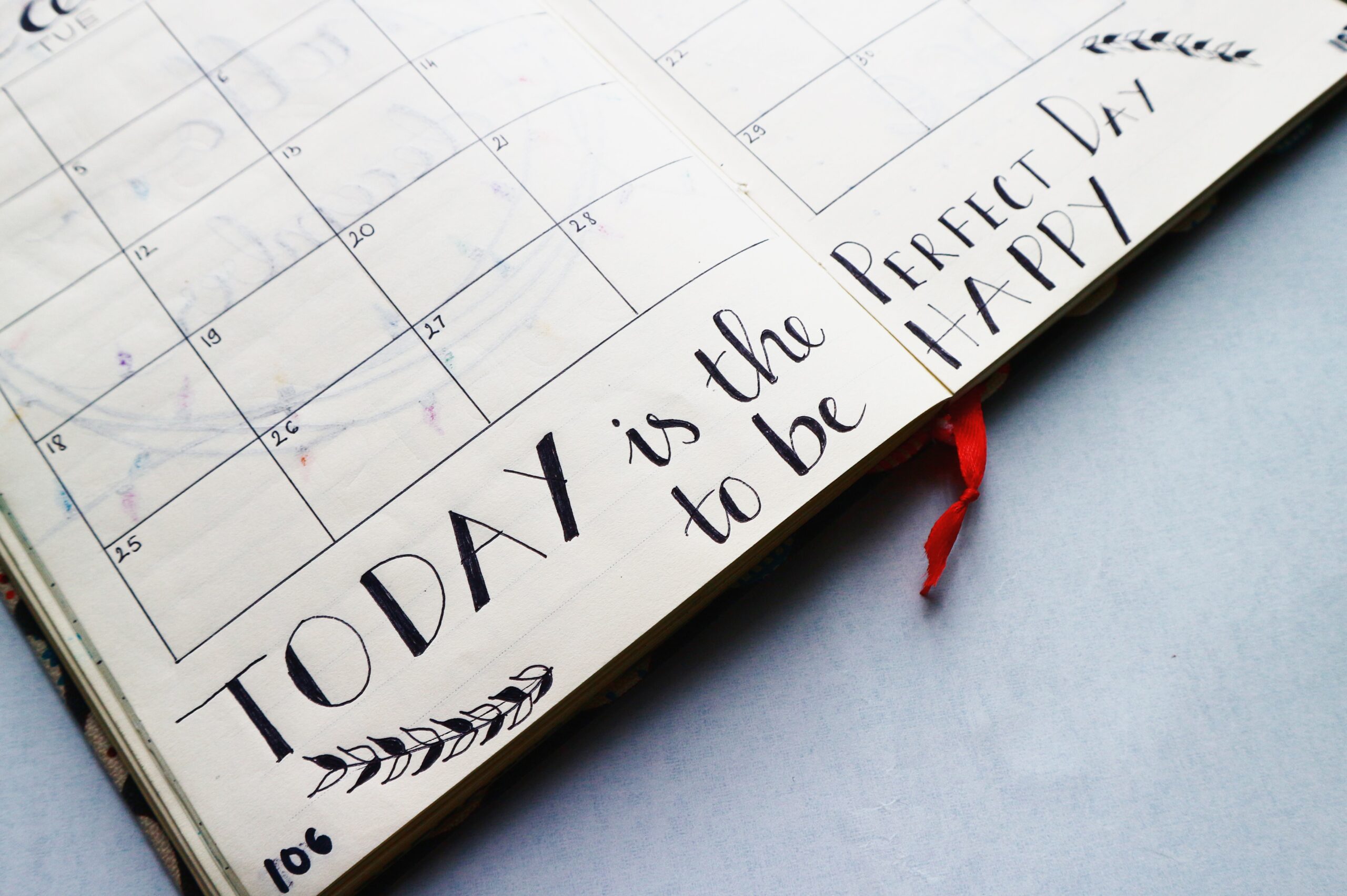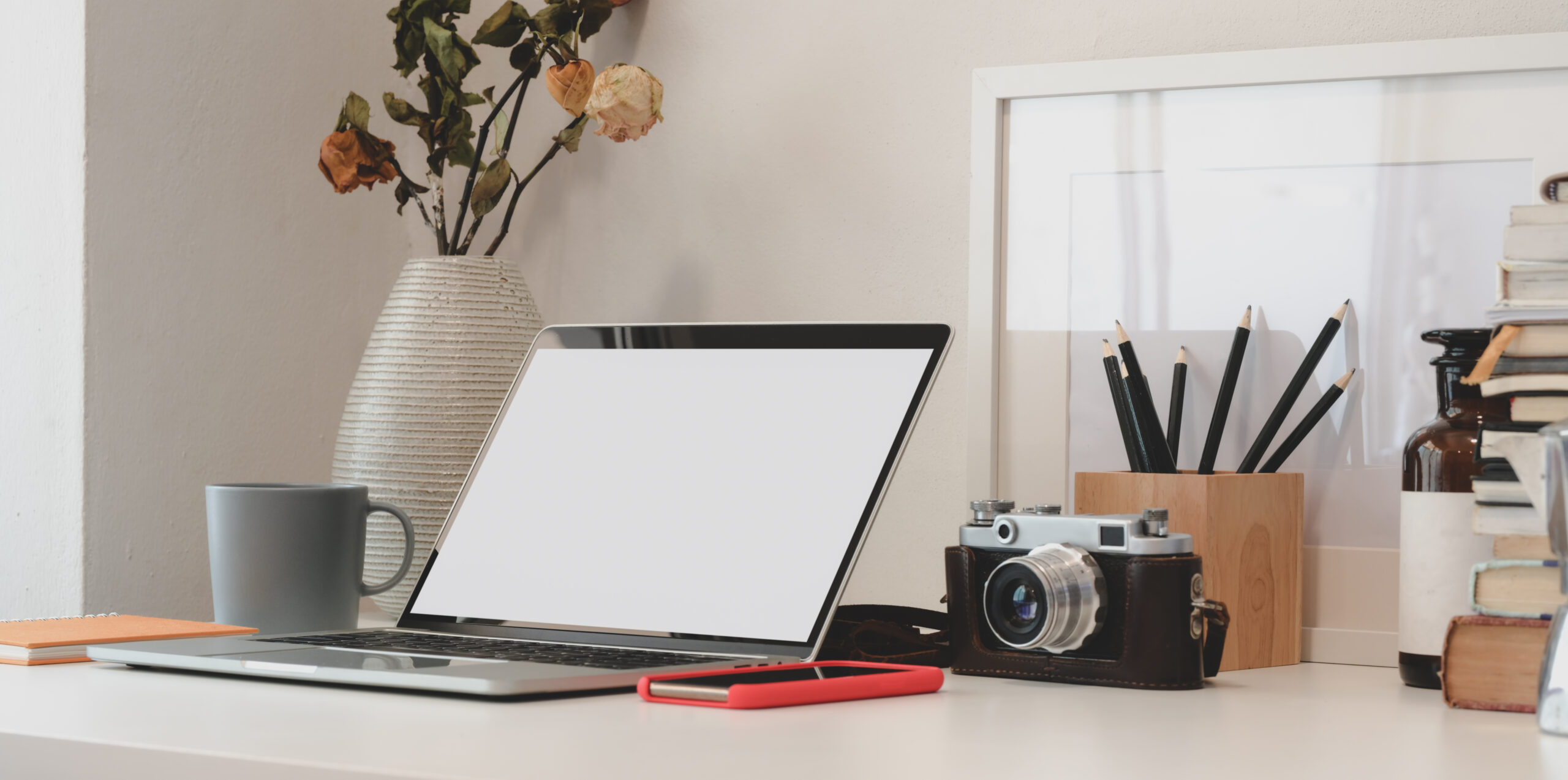
Staying organised can be more tedious than it sounds, and if you naturally do not have a knack for following strict schedules it can be a bit more difficult. The good news, however, is, being organised is a social skill that can be learned, meaning, that very organised person you know wasn’t born that way, they learned how to be, and you can too with constant practices.
It’s just like riding a bike, you fail a few times in the beginning, but once you get the hang of it, you’ll be unstoppable- yeah, unstoppable is the word. There are simply some basic steps to follow to begin your new organised life, and it may not be so easy in the beginning, but I promise you it gets easier.
While I did research, what I found were mainly tips applicable to work environments and things like that. So, I will be sharing tips that I have discovered and that works for me personally, and can not only be applied in your workplace, school but just about your basic everyday life.
How To Stay Organised And Productive
#1: Make Notes

This is one of the golden rules when it comes to keeping your life organized, and if you are to succeed in your attempts. Yes, our brain indeed has a large storage capacity. But you can’t compare it to that of a supercomputer, especially when you need to retrieve certain information quickly.
Whether it is pen and paper, a physical or mobile planner or a productivity application or software, just get yourself something you can use to take notes.
You can’t rely on yourself 100% to remember everything, and you might already be thinking, “but Bob has a good memory”. Sadly we all can’t be Bob, and that is why you need to make notes and pen down everything. The most common version of this is a to-do list but is not only limited to the list of things you need to do.
Write out your task for the day, things you need to get, scheduled meetings, and everything. They say necessity is the mother of invention, and maybe this basic need was why someone came up with a sticky note, to easily write down things and stick it around.
You can go the extra mile by colour coding, that is simply assigning different coloured notes to different tasks and list, depending on the nature and importance of these tasks and list. Honestly, if you are like me- who quickly moves on to the next thing mentally without necessarily completing the previous task, then you can’t afford to write things down. This has saved me numerous times and has helped me to keep my life organized.
Meanwhile, check out this article on My Top 10 Handpicked Productivity Tools And Applications, you’d love it.
#2: Prioritize

As you write things you need to get done down, you also need to prioritize them, that is what tasks are more important, have a closer deadline (if any), etc. This is probably where the colour-coding I mentioned earlier comes in, where you could write out urgent tasks on let’s say a red sticky note, and do on.
Just as we were taught how to create a scale of preference, prioritizing our list of needs and wants, this same strategy can be applied to our everyday life as well. You can prioritize your plans for the day, a week, or as far out as weeks. This will help you get things done quickly and in the shortest time possible, leaving you with more time for other things during your day.
#3: Avoid Procrastination

This can seriously not be overemphasized enough, avoid procrastination as much as possible. If you want to get things done, you need to avoid procrastination like that plague- yes, I said that.
Procrastination not only rubs you of your time but also opportunities you could have had. This is why you need to write things down and prioritize, so you won’t be overwhelmed with activities, or get discouraged/lazy about doing them
In a previous article, I shared 5 Ways To Stay Focused And Productive While Working From Home, you can check it out.
#4: Categorize

Another habit of really organized people is that they organize and categorize everything, simply put, everything has its place or home. It is important to find a home for everything you make use of regularly and not so regularly, either at your work station, study desk, in your pantry, and just about anywhere.
Create easily accessible storage spaces, and label them if necessary to help you remember which holds what. The mug found on tables used to hold basic stationery is a typical example of storage space, and all you need to do is recreate this on a larger scale for other items. It is also necessary to keep your storage space as neat as possible.
#5: Discover Your Best Hours

Finding your most productive hours during the day will save you a whole lot of stress, and could also help you prevent procrastination. This helps your workflow better and allows you to get a lot more done within that specified time. For example, as a student, I discovered that studying at night was better for me, and I could assimilate much faster and better.
You know yourself better than any other person, and all that is required is a little conscious observation of what time during the day you work better, and plan your activities around this time. You should also put other people in mind if you’re working in a team, but if not find what works for you.
#6: Declutter and Keep What is Necessary

Now and then, you need to get rid of redundant items you still have hanging around either out of sentiments or sheer reluctance. Occasionally, clean up space around you, rearrange, and get rid of certain items you feel are no longer needed.
A very sting not of warning, do not go out shopping only to replace all those items you discarded earlier and clutter your space some more. A trick around this is to make a simple list of what you need to get, and maybe a few wants while going shopping, and try sticking to only the items on your list. You know why this is so cool and not only prevents you from buying more stuff you don’t need, it also helps you save money, and also ensures that you do not forget to get the list of important things you do need.
#7: Don’t Take On So Much Work

Delegate some responsibilities to others if and when you can, and if you can’t do not bite more than you can chew at a time. This will prevent you from getting overwhelmed by the mountain of tasks you may have, and this takes a considerable amount of pressure off you.
This also allows you to get more work done faster and keeps you in check when it comes to your organization skills. You really shouldn’t try to do everything by yourself or all your tasks at once, because it will surely backfire in the end. Break your activities into smaller tasks, and take them one task at a time.
#8: Practice and Be Patient
Finally, you need to be patient with yourself and never stop trying. Rome wasn’t built in a day, and learning a new skill won’t be as easy as you think, but with constant practices, you can do it. Remember to always be kind to yourself, even when you slip up a few times, always pick up where you left off. Remember also to take good care of yourself. Selfcare is important to stay as productive as possible.
In conclusion, these life hacks not only help you stay organised, but they also help you save valuable time and energy. It may not be easy at first, but keeping to your schedule and implementing these life hacks will be more than enough to help you start and maintain an organised lifestyle.

 Previous Post
Previous Post


